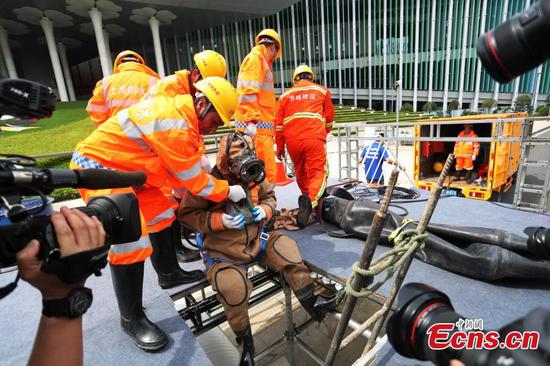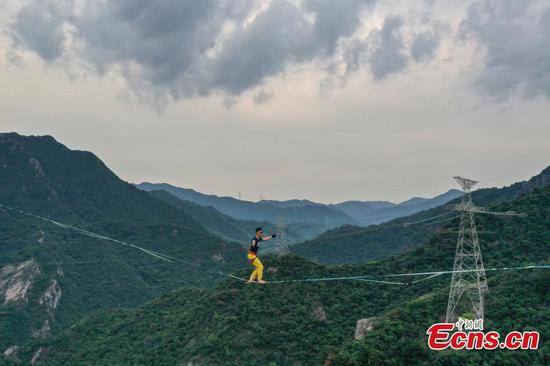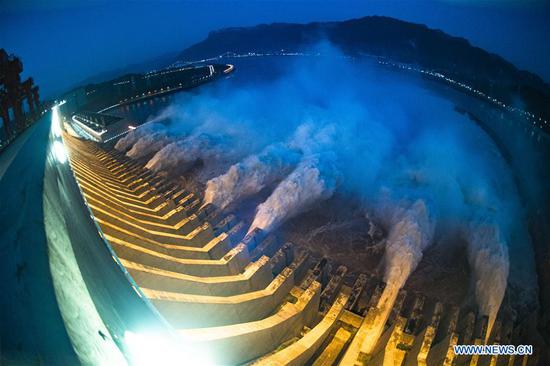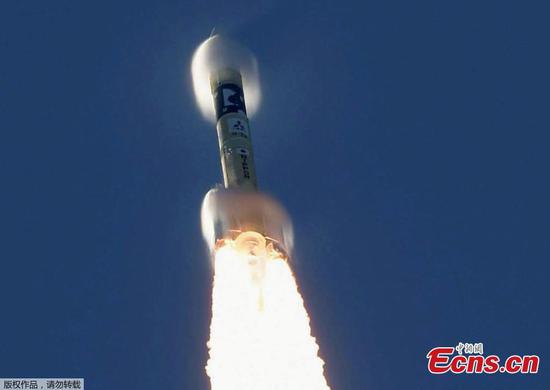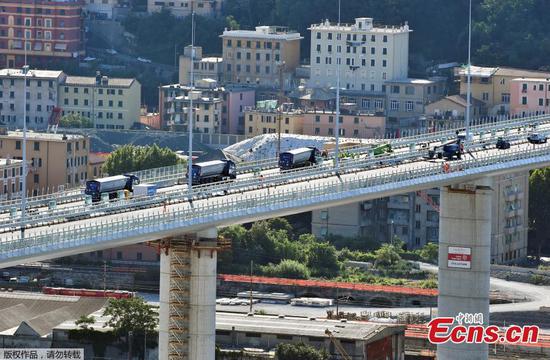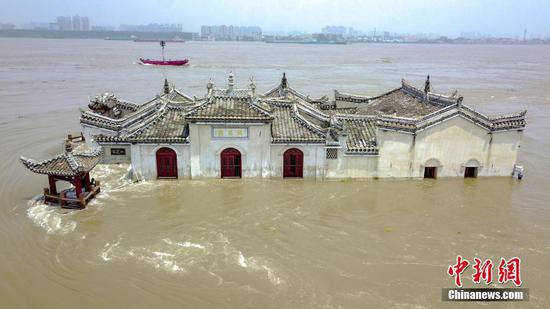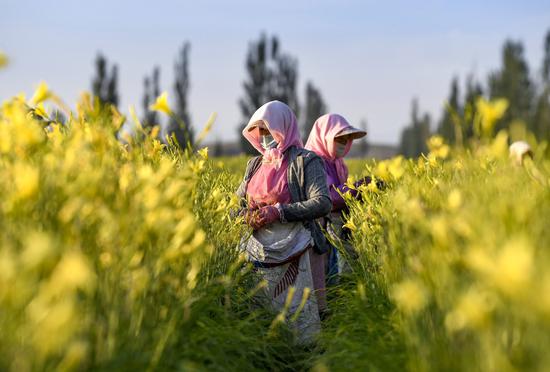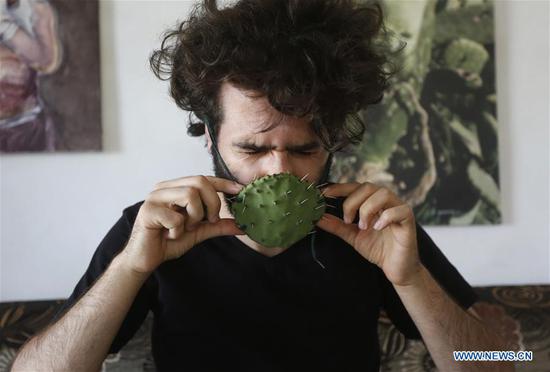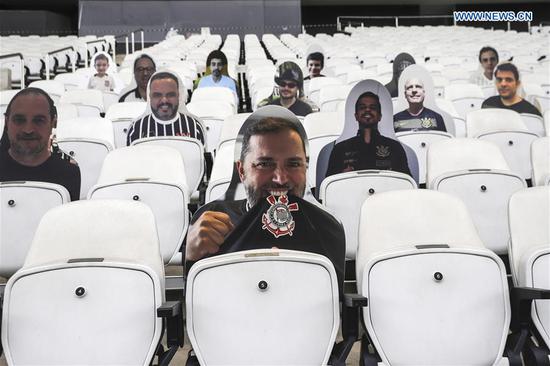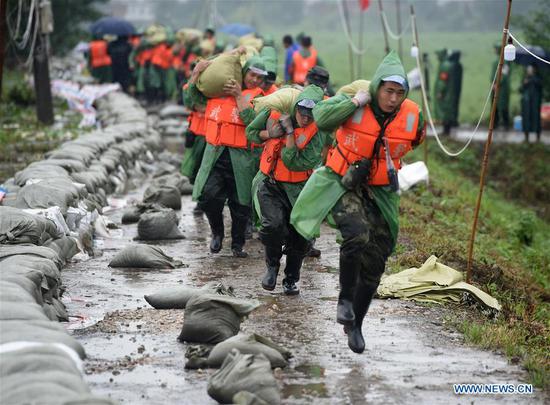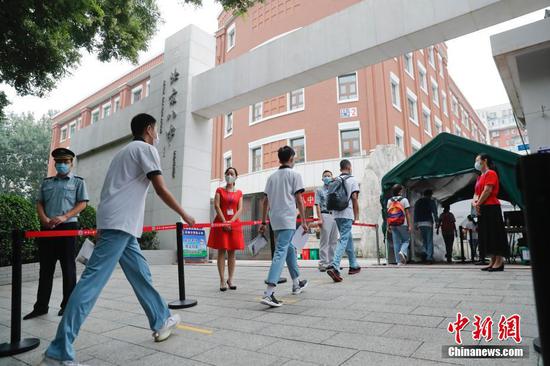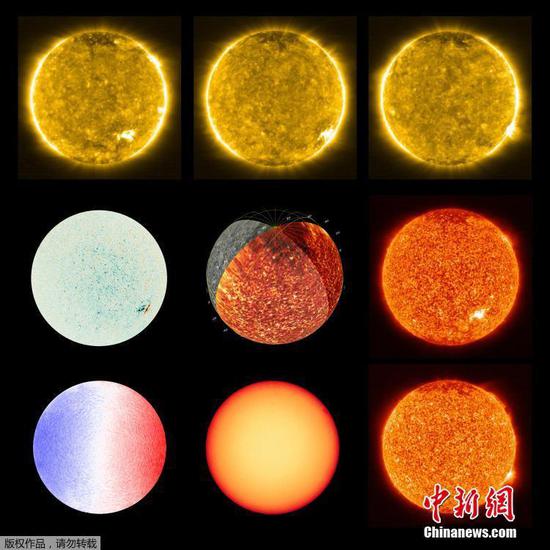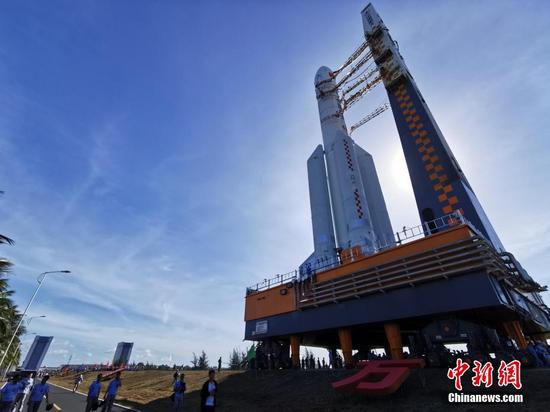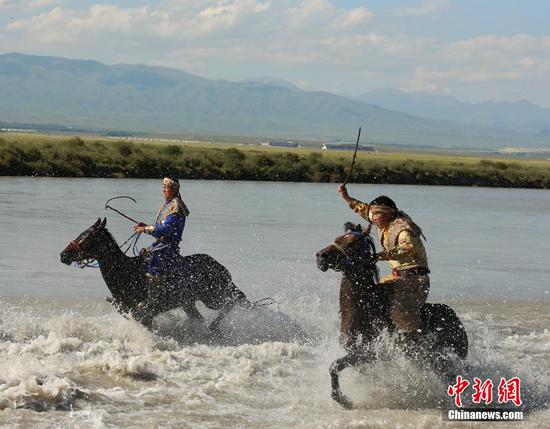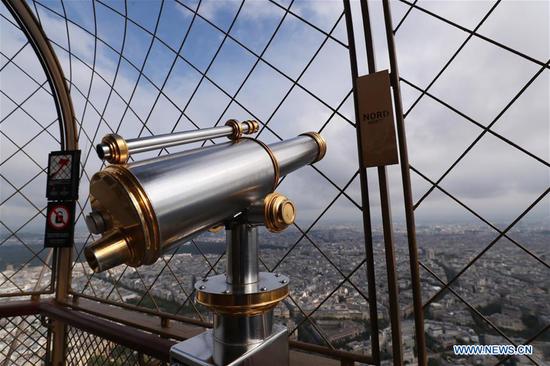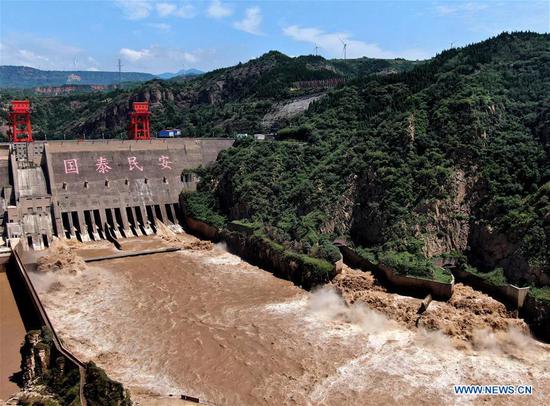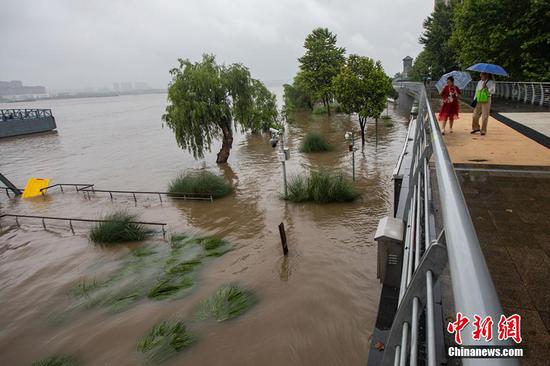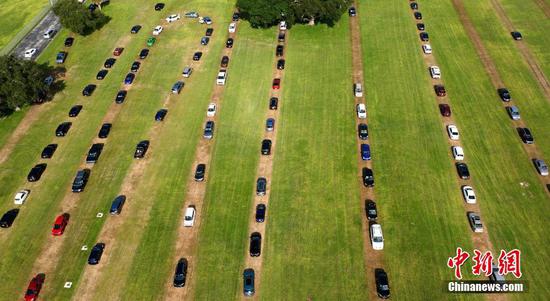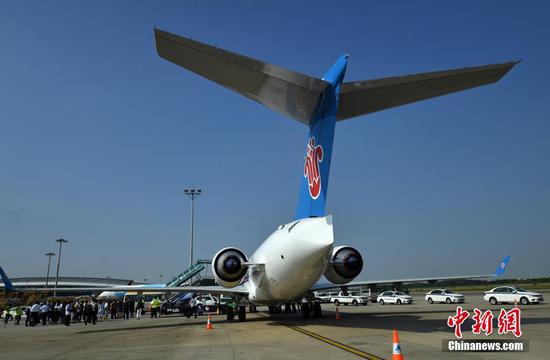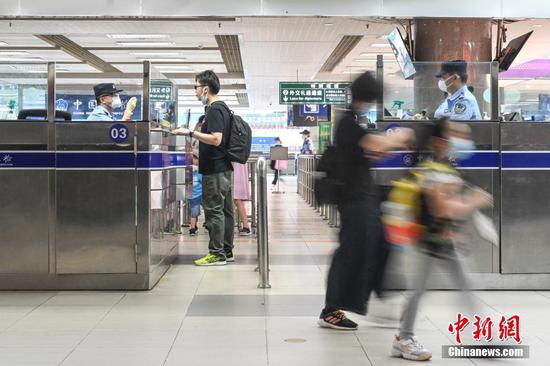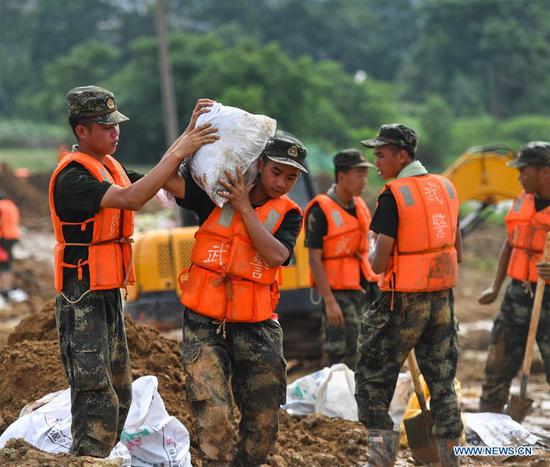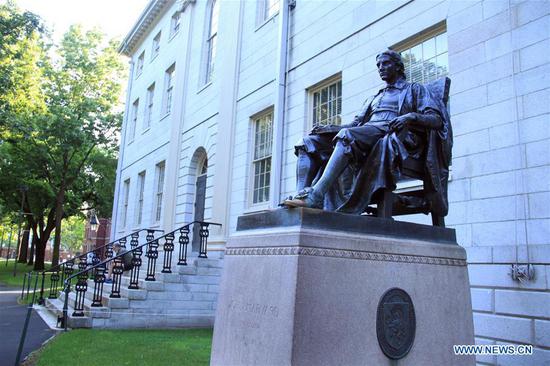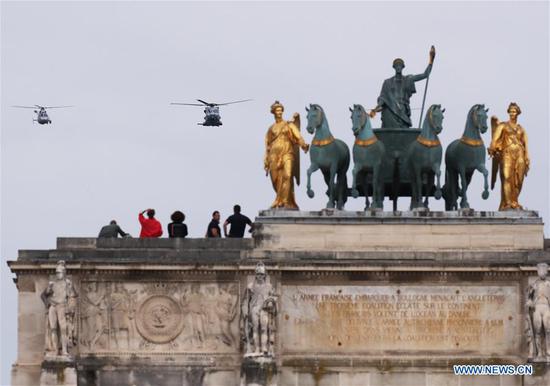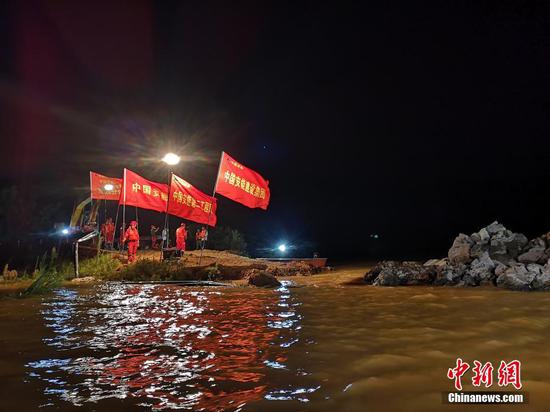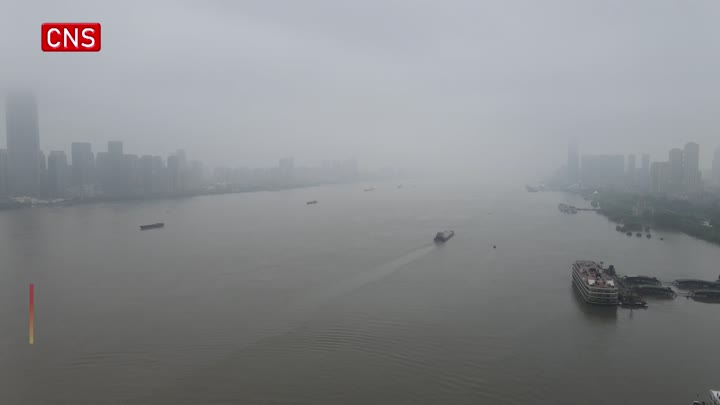There is "no so-called broad interpretation" of the national security law for China's Hong Kong Special Administrative Region as the criminal activities it bans are "very clearly defined" in it, Chinese Ambassador to the United States Cui Tiankai has said.
"I think the national security law, if we read it carefully, has six chapters and 66 articles. If you read all of them very carefully, you can see there is a very clear definition about the criminal activities the law would ban. It's very clearly defined," said Cui in an exclusive interview with Fareed Zakaria, host of CNN's GPS show, which was aired on Sunday.
"There is no so-called broad interpretation. It's very clearly defined, the kind of actions, the kind of acts that will be banned by the law. So if people have no interest in getting themselves involved in such acts, they have nothing to worry about," he said.
Cui noted China's guiding policy for the governance of Hong Kong is still "one country, two systems."
"This has not changed. This will not change in the future. Hong Kong is now part of China. We have to defend our own country's unity, sovereignty and territorial integrity," he said. "This is what is meant by 'one country.'"
"And within the framework of 'one country', on the basis of secure and stable 'one country,' 'two systems' can prosper in parallel, can prosper together. That's what is meant by 'one country, two systems,'" the ambassador explained.
"The new law is intended just for that purpose, to maintain and safeguard 'one country, two systems,' to make Hong Kong more stable, more secure for everybody, for the Hong Kong residents as well as for foreign investors," he said, adding people could have a more predictable, safer environment to do their business in Hong Kong. "That's the real purpose of this law."
"According to the Basic Law of Hong Kong, some of the national laws do apply to Hong Kong when they are concerning national sovereignty and territorial integrity, unity of the country," he said.
"They have to apply; otherwise, there's no 'one country.' But if people try to undermine or even destroy this very basis of 'one country,' then there is no place for the 'two systems.' So if people try to undermine 'one country,' they're actually undermining the 'two systems' as well," he said.









